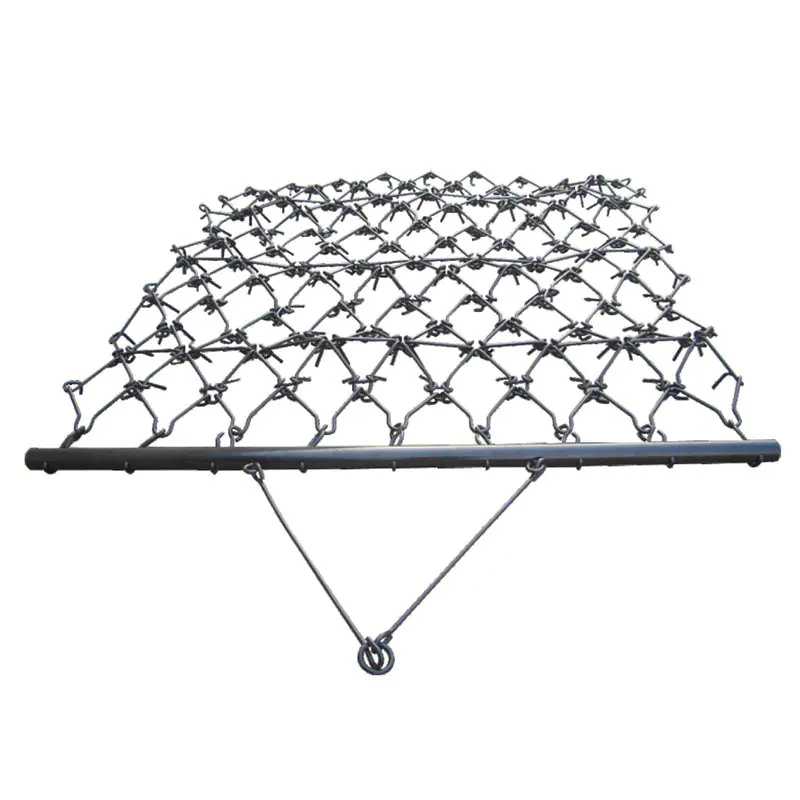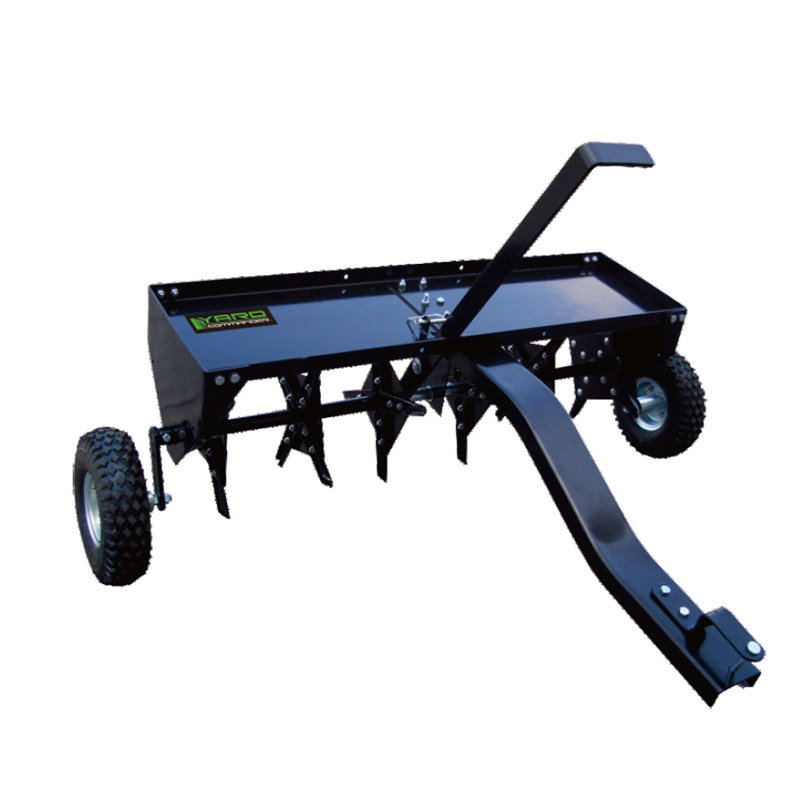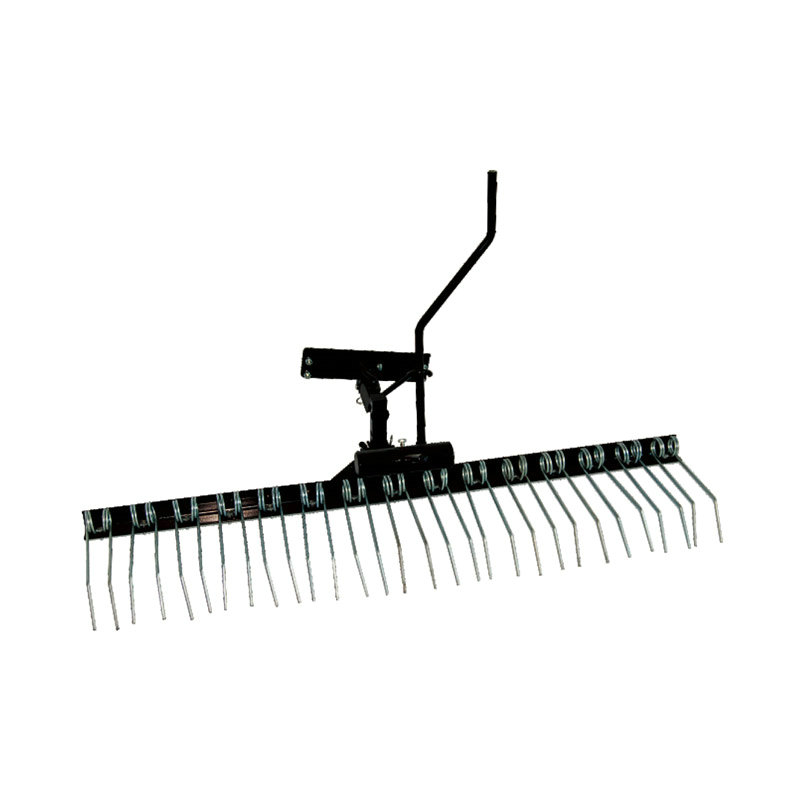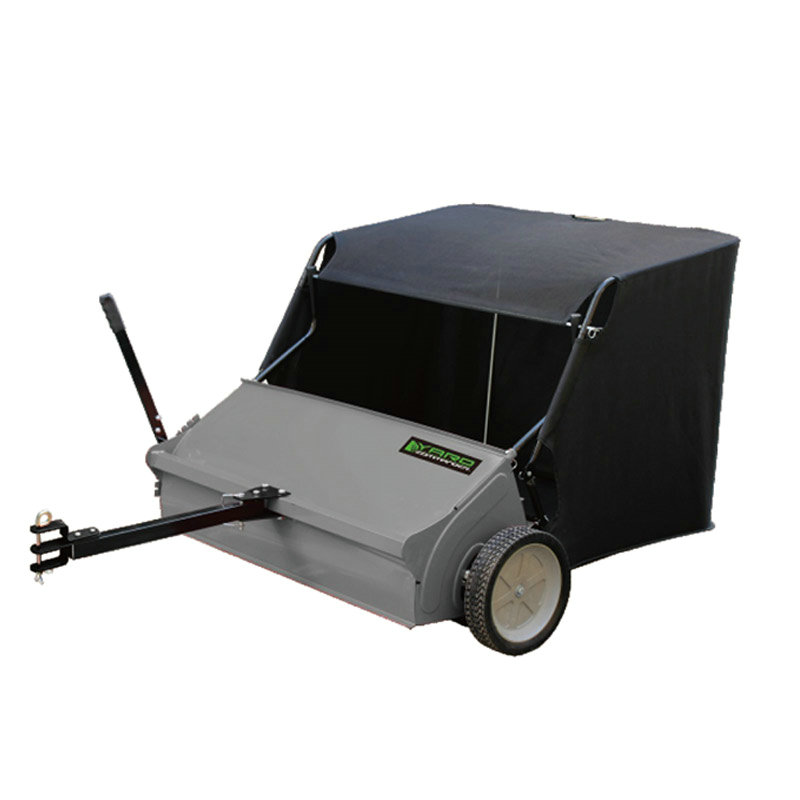Yes, the type of material being shredded is a critical consideration when using a chipper shredder. Different chipper shredder models are designed to handle specific types of materials, and using the wrong type of chipper shredder for a particular material can lead to inefficiency, damage to the machine, and safety hazards. Here's why you need to consider the type of material:
Wood vs. Leaves/Grass: Some chipper shredders are designed primarily for processing woody materials like branches, logs, and small trees. These models have more robust cutting mechanisms and are better suited for chipping and shredding wood. On the other hand, other chipper shredders are better for handling softer materials like leaves, grass clippings, and garden waste. Using the right machine for the material ensures efficient processing.
Size and Hardness: Different materials come in various sizes and hardness levels. For example, hardwood branches are more challenging to shred than softwood branches. If you're shredding larger, harder materials, you'll need a chipper shredder with a more powerful engine and a larger cutting capacity.
Blade Configuration: Chipper shredders may have different blade configurations optimized for specific materials. Some machines have flail hammers for shredding leaves and grass, while others have blades designed for chipping wood. Using the right blade configuration is crucial for achieving the best results.
Maintenance: The type of material being shredded can affect the maintenance requirements of the chipper shredder. For instance, wood chipping can lead to more wear and tear on the blades, necessitating more frequent maintenance. Understanding the material's impact on maintenance can help you plan for proper upkeep.
Safety: Using the right chipper shredder for the material enhances safety. Attempting to process materials that a machine is not designed for can result in clogs, jams, and potential safety hazards. The machine may not function correctly, leading to accidents.
Output Quality: Different materials require different levels of shredding or chipping. For example, when processing wood, you might want a machine that produces larger wood chips for mulching, while for leaves and grass, you might want finer shredding for composting. Choosing the right chipper shredder ensures you get the desired output quality.
In summary, when using a chipper shredder, it's crucial to consider the type of material you'll be processing. Matching the machine's capabilities to the material ensures efficient operation, extends the lifespan of the chipper shredder, and, most importantly, promotes safety during use. Always consult the manufacturer's guidelines to determine the recommended materials for your specific chipper shredder model.

 see more
see more
 see more
see more
 see more
see more
 see more
see more


